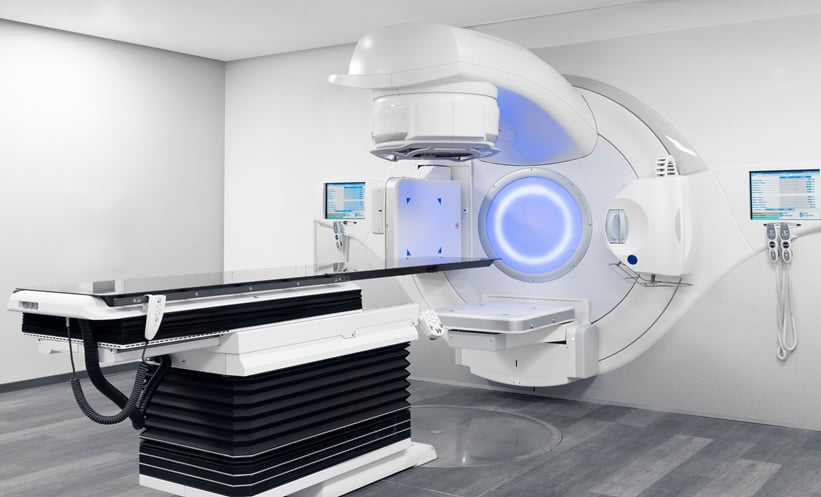BLADDER CANCER is one of the most common cancers worldwide and carries high morbidity and mortality, particularly when diagnosed at an advanced stage. Early detection is critical for improving patient outcomes, but current diagnostic tools, such as cystoscopy and urine cytology, have limitations. A recent study suggests that DR-70, a protein detectable in the blood, may offer a promising new approach for both diagnosing bladder cancer and assessing disease severity.
Study Overview and Design
In the study, researchers analysed serum samples from 60 patients with bladder cancer and 24 control patients who had visible blood in the urine (macroscopic haematuria) due to benign causes. They measured DR-70 protein levels and compared results between the cancer group and the control group, as well as between patients with non-muscle-invasive bladder cancer (early-stage disease) and muscle-invasive bladder cancer (more advanced disease).
The results revealed that DR-70 levels were significantly higher in patients with bladder cancer compared to controls. The median level in the cancer group was 1.08 U/mL, compared with 0.89 U/mL in the control group, with statistical significance (p = 0.012). In terms of diagnostic performance, DR-70 demonstrated a sensitivity of 73.3% and specificity of 66.7% for detecting bladder cancer, indicating it could correctly identify a substantial proportion of patients with the disease while minimising false positives.
Importantly, DR-70 levels were even higher in patients with muscle-invasive bladder cancer. Median levels were 2.66 U/mL in invasive cases versus 1.06 U/mL in non-muscle-invasive cases (p = 0.021). For detecting muscle-invasive disease specifically, DR-70 had a sensitivity of 72.7% and specificity of 63.3%, suggesting it may also help clinicians gauge tumour aggressiveness.
Future Outlooks
These findings indicate that DR-70 could serve as a useful biomarker for bladder cancer diagnosis and progression, potentially complementing existing diagnostic techniques. While further research in larger and more diverse populations is needed, DR-70 offers hope as a minimally invasive tool to detect bladder cancer earlier and to identify patients at higher risk of invasive disease.
Early detection remains a cornerstone of bladder cancer management, and biomarkers like DR-70 could help improve outcomes by guiding timely intervention and treatment planning.
Reference:
Karakanli MU et al. Diagnostic value of serum DR-70 levels, a new fibrin-related biomarker, in bladder cancer patients. BMC Urol. 2025;25:264. DOI: 10.1186/s12894025019648.








